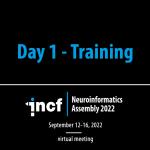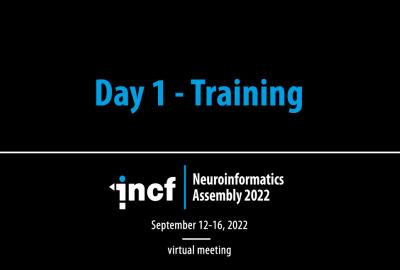The field of neuroscience is one of the most interdisciplinary scientific fields. It is constantly expanded and developed further and unites researchers from a vast variety of backgrounds such as chemistry, biology, physics, medicine, or psychology. By examining the principles that influence the development and function of the human nervous system, it advances the understanding of the fundamental mechanisms of human behaviour, emotions, and thoughts, and what happens if they fail.
This course addresses the basic principles relevant for the performance and evolution of the nervous system and provides an overview for researchers from a different area of specialization. It further includes advanced lectures on more specific questions and challenges of the field.











